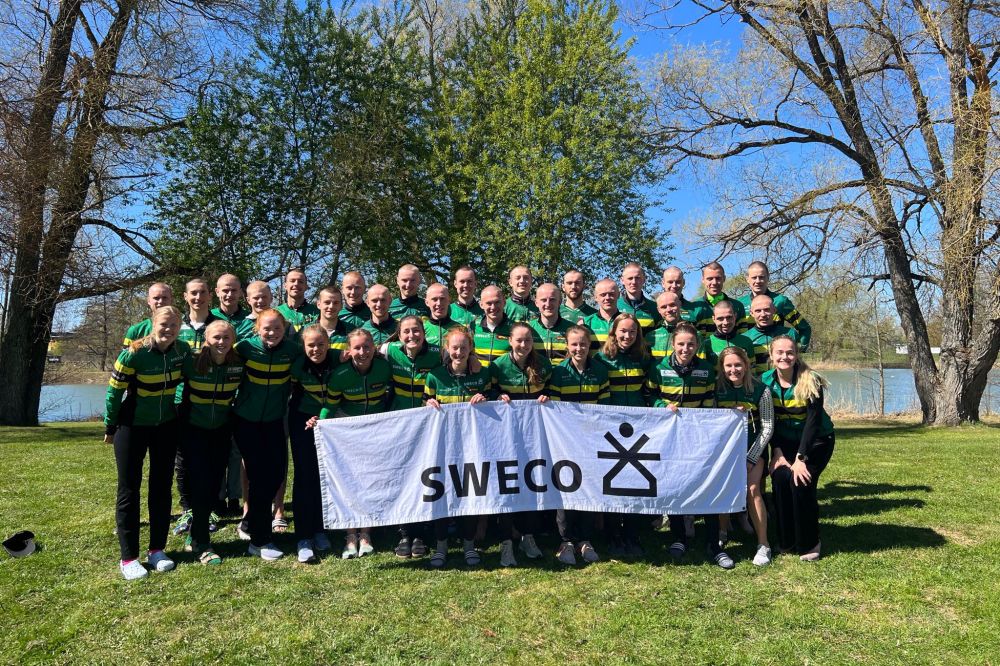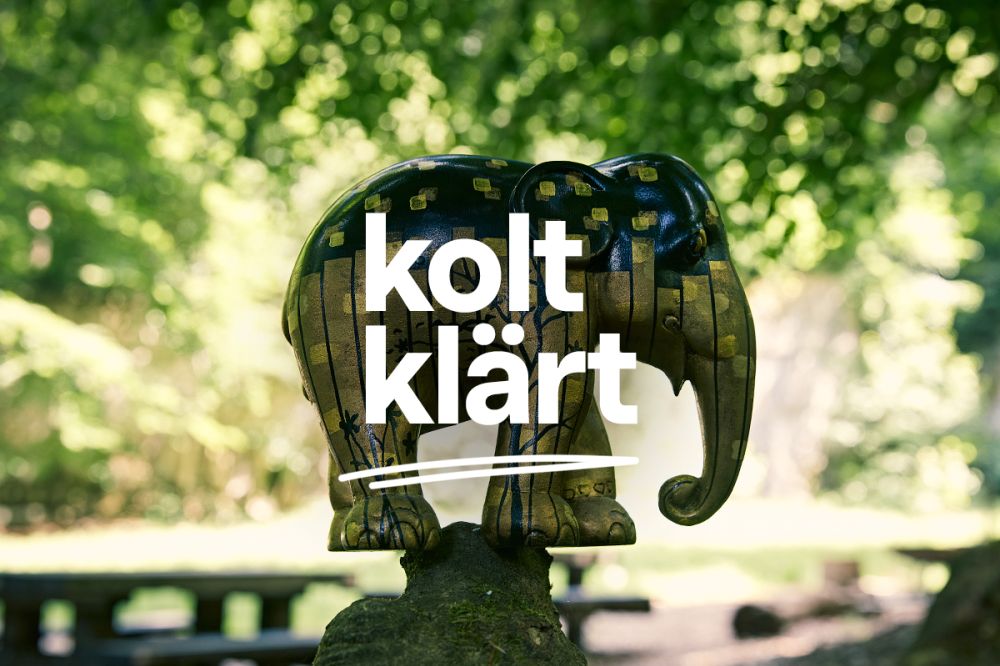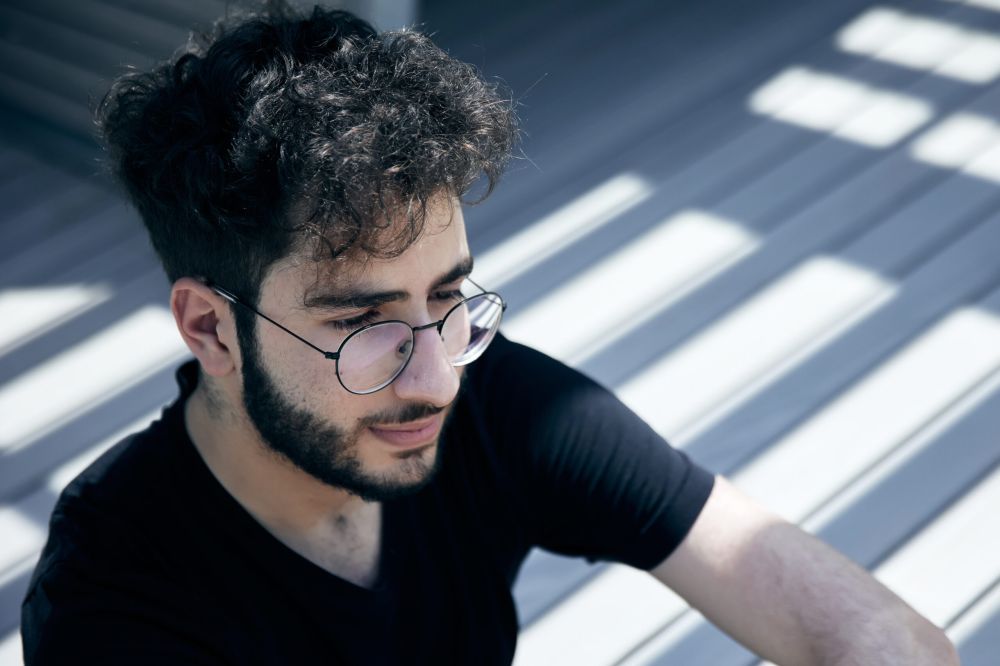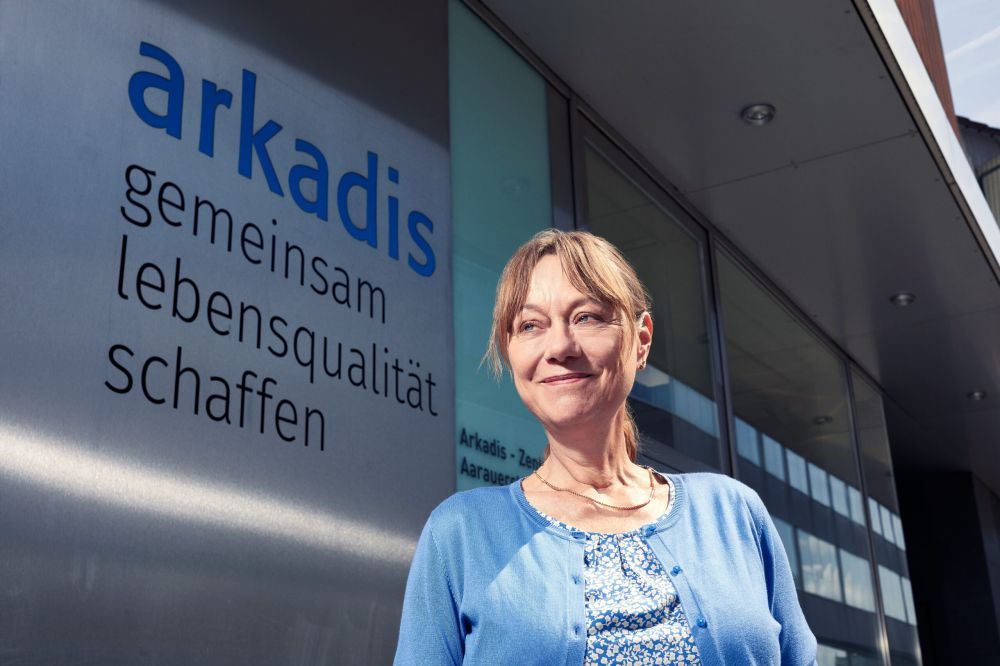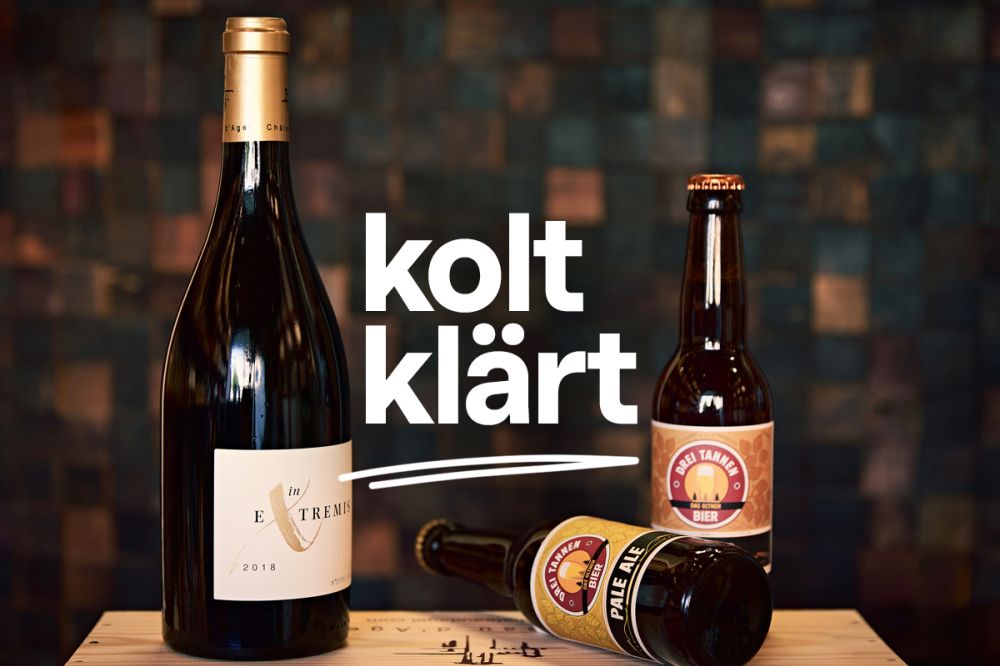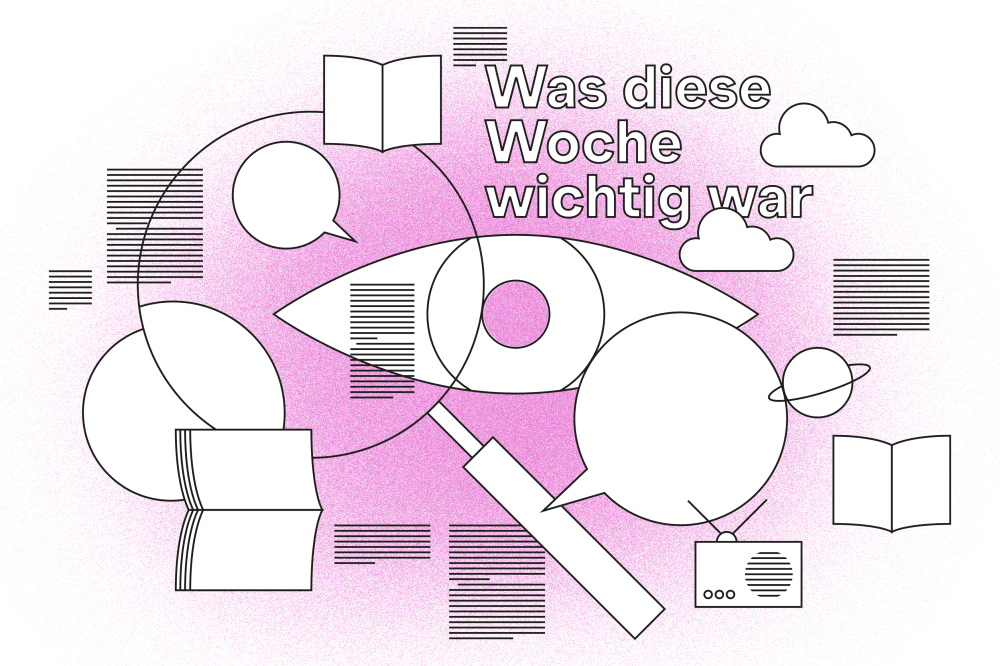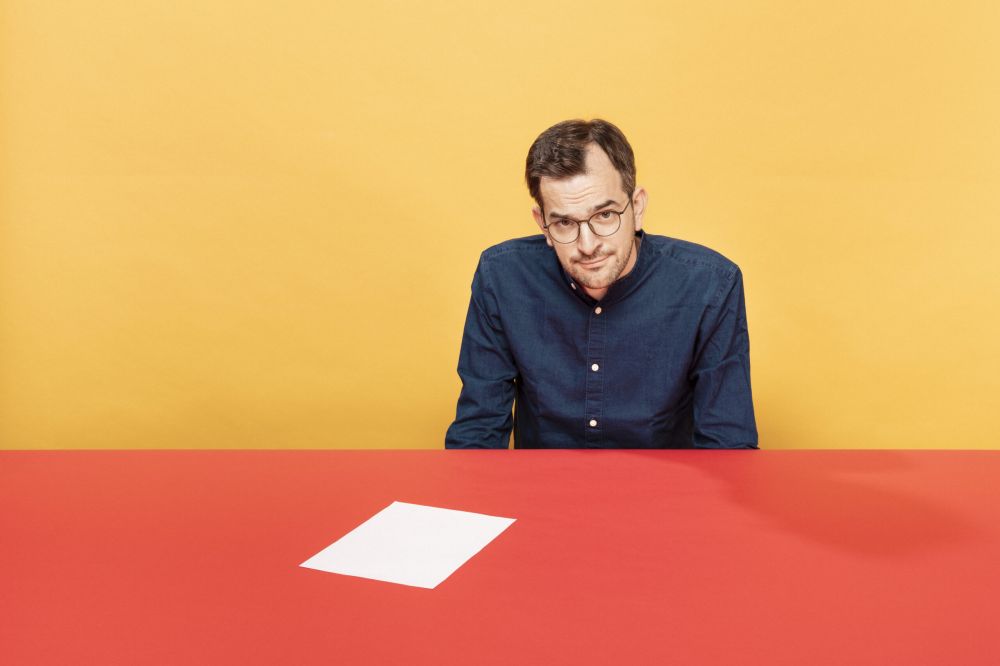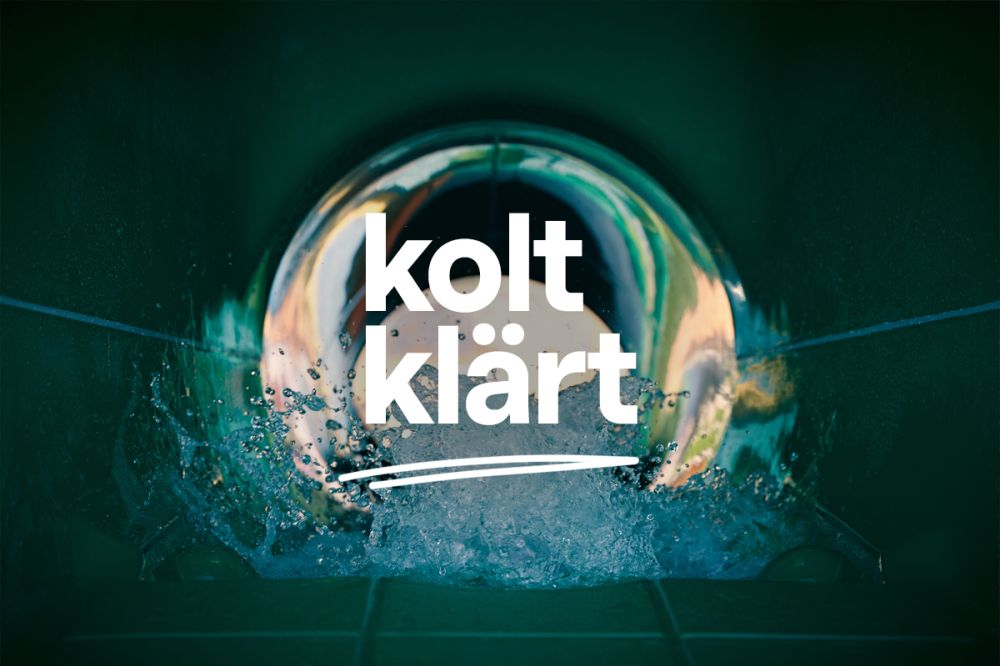As the sun rose over Engelberg, teasing the darkness from the rooftops of Olten, two figures were to be seen walking rapidly past the bust of Maria Felchlin and up toward Vögeligarten. Approaching the middle cage of the aviary, the sprightlier of the two men looked at his watch.
“There is still time, Charles. Just remember not to say anything. Let him speak first.”
“I’m nervous, Boxer. What if he won’t say anything?”
“Then we return next month at the same time. I do think I had better do the talking. You might say something ill-advised.”
Beo was perched on the branch he seemed to favour for his pre-dawn nap. He felt the first ray of sun strike his head, and he opened his left eye, then his right. Two men were in front of his cage. Had another month gone by? He realised he had not prepared his speech as he usually did, even if he had not had an audience for many months. He would just have to wing it.
“Monika.”
“Monika,” Boxer responded, then waited impatiently for the next words.
“Monika.” They had both spoken at the same time, man and bird. Was that a good omen or bad? Boxer thought it good, but Charles, to whom his neighbour had briefly explained the methods of ornithomancy, was suspicious. Surely it was impolite to say the same thing at the same time without answering, ‘Spitz! Pass auf!”
The next word Beo would say was the important one, for it would be the official title of Boxer’s entry into the Oltner Sculpture Competition. The amateur detective, when not amateur detecting, was a Sculptor, Amateur Class. He had not even chosen his design yet, though, hoping that the monthly pronouncement of the augury ex avibus, Gracula religiosa, would inspire him.
Beo was aware neither of this detail, nor of its importance, however, and decided to say the first word he could think of.
“Blancmange.” Beo was glad he didn’t have to spell it. He thought he might say it again, this time with the usual French accent. “Blanc-manger.”
“So, Charles, it seems I shall sculpt a pudding. Our fine-feathered fellow here could hardly have said anything worse, although I do not want to waste time imagining it. Let us say farewell to Beo and get back to Geissi. Bow three times and say, ‘Long life!'”
The bird watched their obeisances and found them satisfactory. He gave a quick nod and fell back asleep.
* * * *
“Charles?”
“Yes, Boxer?”
“Why was someone else telling this story up until now? Who was it?”
“You mean the fellow typing these words, even as we speak them? That’s me. I was just assuming the role of the omniscient narrator. Why? Did it bother you?”
“I am not sure. I felt spied upon, as if the plot of this story is being manipulated. And I do not know what the readers think of it.”
“All right, we’ll go back to the way I wrote the earlier stories, agreed?”
“Thank you, Charles.”
We were at the unveiling of the Sculpture Competition winner, held at Kaplaneiplatz. Boxer had not let me see his entry, Blancmange – not even a peek at the pudding – during the time he had been working on it, so I hadn’t a clue what his idea of it would be, whether realistic or modernist abstract or what.
Now, readers may think that Boxer had actually won the competition, but that was only his assumption. He had told me he had won, or words to that effect, and at that point, I had no evidence for a reason to doubt him.
A small crowd had gathered around a plinth, covered in a white sheet, with points at the top, giving it the appearance of a tall, royal pudding. A crowned blancmange, indeed!
As we waited, all except Boxer in anticipation of what sat beneath the cloth, the Art Selection committee approached the stone column.
“Look, Boxer! It’s your book friend, Herr Schreiber.”
“I wonder, Charles. Am I going to be asked to write a book about my pudding? That would be fine, but it does go rather too far.”
After several rivetingly boring speeches, one in what sounded like Esperanto, Boxer was so excited, he was dancing on tiptoes. Finally, the Stadtpräsident took centre stage and asked the committee chairwoman to pull the cord and unveil the winning sculpture. A woman of lively demeanour, she teasingly ogled Boxer, who responded with what could only be described as a giggle.
With a quick flick of the wrist, she exposed —
“Charles! What is that? That is not my work! I was not supposed to lose. I do not want to lose. Did I really have to lose?”
“Yes, Boxer, it looks like you were meant to lose. To lose to Toulouse.”
“Too, too true, Charles. But look! That solves our earlier mystery!”
“What mystery, Boxer?”
“There! That cat! It is the very same one we had trapped between the two mirrors. If he has come back to haunt us, at least I prefer him in bronze to flesh and blood. Someone should write a book about that, Charles.”
“The Case of the Lost Blancmange?”
“No, Charles. The Case of the Bird-Brained Beo.”
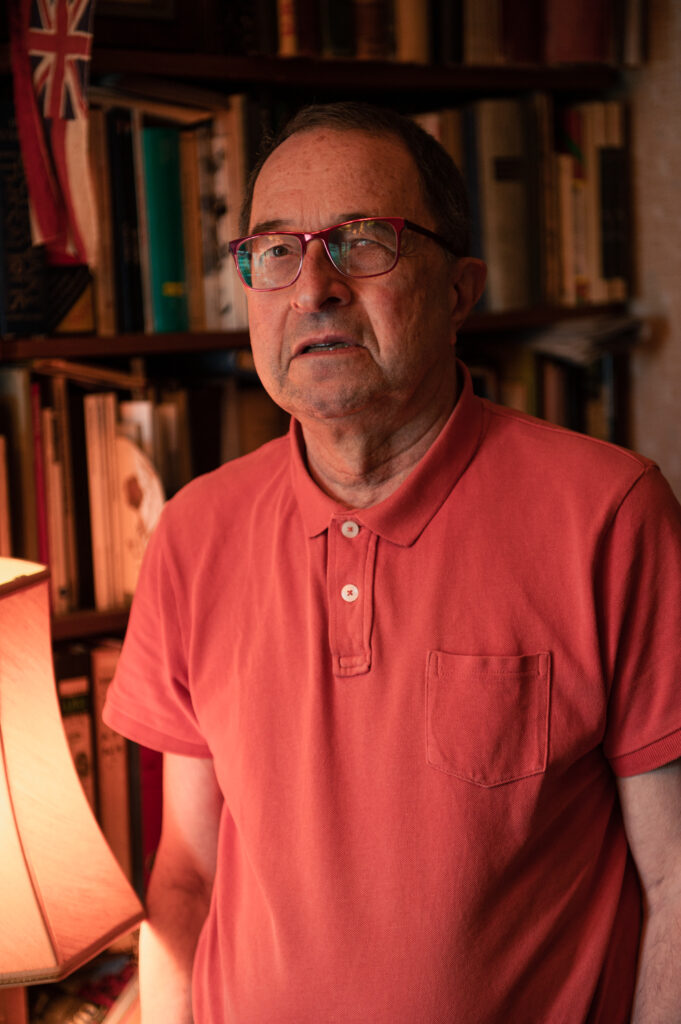
David Pearce ist ein Schweizer Schriftsteller, wohnt seit 2000 in Olten und hat amerikanische, englische und französische Wurzeln. Er schreibt auf Englisch Kurzgeschichten, Romane und Theaterstücke.


